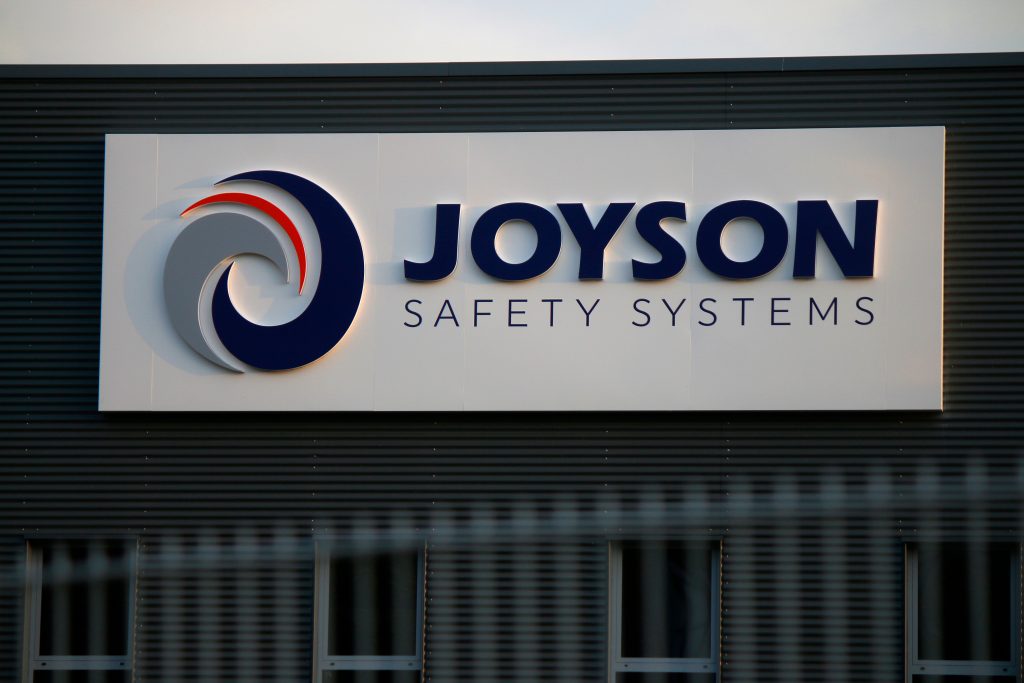
- ARAB NEWS
- 01 Jul 2025

US automotive component maker Joyson Safety Systems (JSS) said on Wednesday it is investigating inaccuracies in the reporting of belt webbing test data at a Japanese factory acquired from bankrupt airbag maker Takata Corp over two years ago.
“JSS is currently reviewing available and relevant data over a 20-year period on a test-by-test and product-by-product basis,” the Michigan-based company’s global communications director Bryan Johnson said in a statement.
The inaccuracies were found in reporting from the factory in Hikone, Japan, which JSS bought from bankrupt airbag maker Takata Corp in April 2018. JSS said the inaccuracies arose before its acquisition of the plant.
Takata’s faulty airbag inflators caused the auto industry’s biggest safety recall and have been linked to numerous deaths and injuries, mainly in the United States.
The Japanese transport ministry has asked JSS’s unit in the country to submit an investigation report, and has also told automakers to prepare for recalls of the seat belts in question, the Nikkei business daily reported, citing sources.
A transport ministry official told Reuters on Wednesday the ministry was still investigating how many cars were affected by the issue and whether any such vehicles were shipped to markets outside of Japan.
JSS Japan is the top seat belt maker in the country with a market share of about 40%, as well as just under 30% globally, according to Nikkei.
Most of Takata’s airbag inflators held a chemical compound which could explode with excessive force, sending metal shrapnel into vehicle compartments.
In 2017, Takata pleaded guilty to criminal wrongdoing over its inflators, including submitting false inflator test results to automaker clients to induce them to buy its defective products.
Reuters